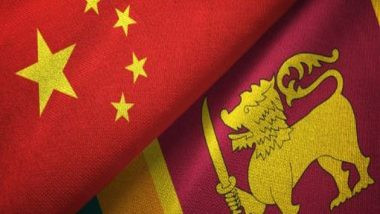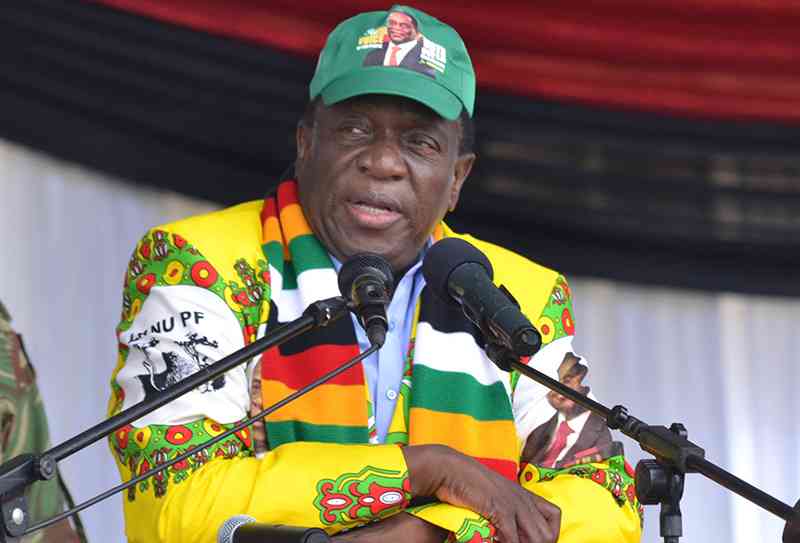
he uncertainty and lack of clarity regarding the extent and time frame of China's restructuring of its debt to Sri Lanka is delaying Sri Lanka's bailout package from the IMF, according to Asian Lite.
Debt restructuring is one of the prerequisites of the IMF's bailout package for Sri Lanka. The process is, however, getting delayed due to Sri Lanka's dire situation and a delay in concrete commitment from China, the island nation's largest bilateral lender. Sri Lanka seems to be missing its December deadline.
According to the Opposition legislator from the Tamil National Alliance, Shanakiyan Rasamanickam, China is acting as an impediment to Sri Lanka's IMF deal and has been paying bribes to force down unnecessary projects.
"If China is truly Sri Lanka's friend, ask the Chinese to help with the [debt] restructuring and the IMF programme." Referring to Rajapaksa-era mega infrastructure projects in Hambantota and Colombo funded by the Chinese, the Batticaloa MP, as quoted by Asian Lite, said: "That is not China being Sri Lanka's friend, that is China being Mahinda Rajapaksa's friend."
The Chinese Embassy refuted the allegations and claimed that bilateral negotiations are on after working teams of different Chinese banks visited the island nation. Rasamanickam's allegations are incorrect, said the embassy.
The Chinese investments under the BRI and bilateral projects with other countries have always been seen with suspicion for their lack of economic feasibility as well as debt-creating potential. Now as Sri Lanka is negotiating with China for debt restructuring and China has claimed to have shown readiness for restructuring its debt to Sri Lanka, "It will be the first time a major Asian Belt and Road Initiative borrower is going through the process... China's approach to Sri Lanka's debt restructuring and the extent of debt relief offered will set a precedent for China's role and behaviour in other countries as well," said the research report, according to Asian Lite.
Another country, Djibouti, at the heart of China's multibillion-dollar "Belt and Road Initiative," is struggling under mounting financial pressure and has suspended debt repayments to China, its main bilateral creditor, reported European Times.
Djibouti, a tiny nation at the intersection of the Red Sea and the Gulf of Aden, owed a total of USD 2.68 billion to external creditors at the end of 2020, according to the World Bank.
- Chinese threats on The Standard condemned
- News in depth: Secret grave exposes Chinese ‘cartel’s’ identity fraud scam, fraudulent schemes
- Surface Wilmar’s plant 75% complete
- Surface Wilmar in US$50m Olivine revival plan
Keep Reading
The African country struggling to repay Chinese loans has brought criticism to the Chinese model of project financing for creating dept traps for developing countries.
In its latest report on Djibouti, the World Bank stated that in 2022, Djibouti's debt servicing costs tripled to USD 184 million from USD 54 million in 2021. A further increase to USD 266 million has been predicted for 2023.
The International Monetary Fund (IMF) after considering the sharp projected increase in Djibouti's external debt servicing, in late 2021, declared Djibouti's debt as being unsustainable. (ANI)







